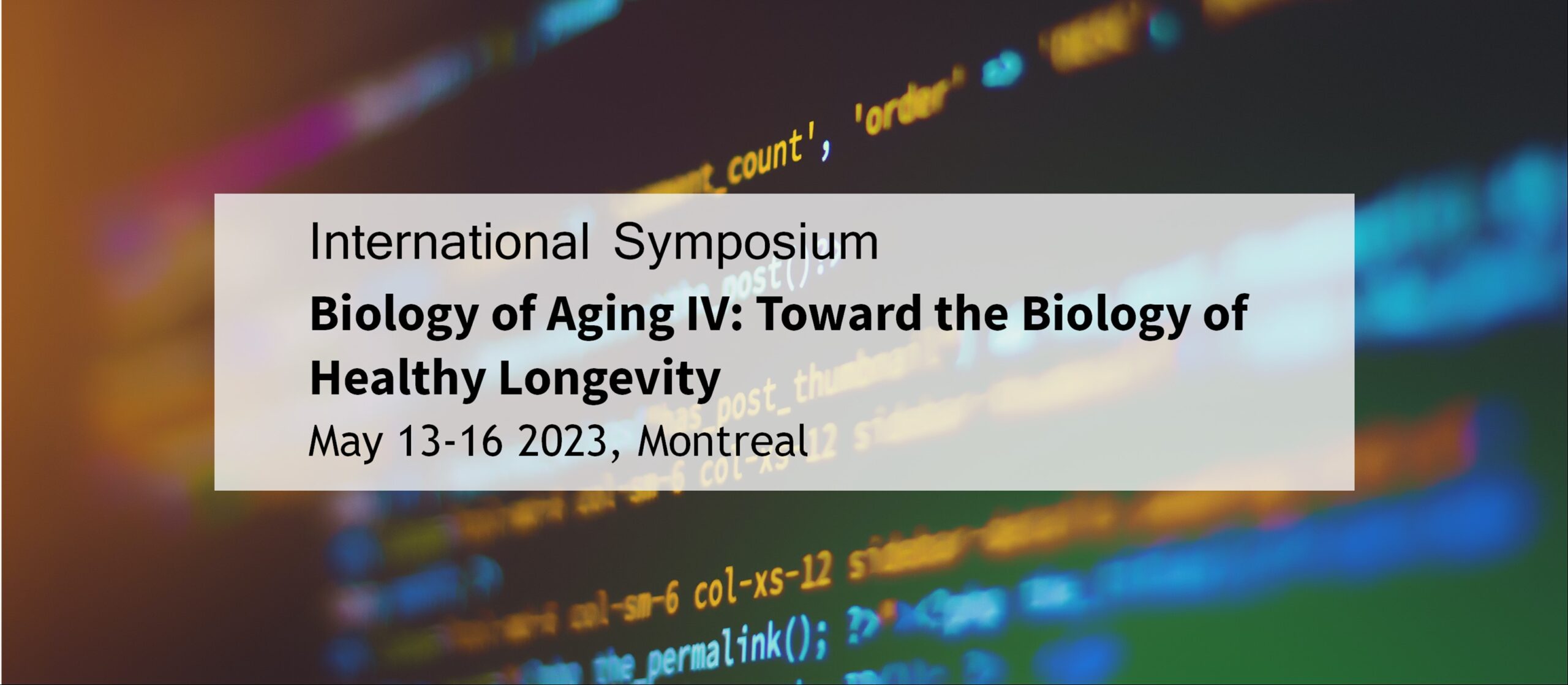Post-doctoral researcher or PhD student to compare immune aging in industrial and non-industrial populations
Supervisory Team:
Alan A. Cohen (Aging/ complex systems, University of Sherbrooke)
Michael Gurven (Anthropology, University of California – Santa Barbara)
Maël Lemoine (Philosophy of science, University of Bordeaux)
Johannes Hertel (Bioinformatics/statistics, Greifswald University)
Tamàs Fülöp (Immunosenescence and clinical geriatrics, University of Sherbrooke)
Almost all research on human aging is conducted in industrialized populations, raising the possibility that what we observe as aging is actually, at least in part, the consequence of industrialized lifestyles (processed foods, low physical activity, stress, limited pathogen exposure, etc.). The five of us were recently financed by the Impetus grant program to address this gap by comparing aging of the immune system (including systemic inflammation) of Tsimane horticulturalists from Bolivia with that of industrialized populations (Italy, Germany, Singapore, etc.). We are recruiting a post-doc, or potentially a Ph.D student, to assist with this project. Funding is sufficient for a post-doc for at least two years.
The project is largely one of secondary data analysis, involving epidemiological and bioinformatics-type analyses. The data have already been collected (cell counts, cytokine levels, etc. on thousands of individuals of different ages). The principal work is to identify key structures of immune variation in each population, and then cross-calibrate to see whether the structures are preserved, whether they predict health outcomes, and whether such predictions vary across populations. Sex differences are also of interest. The project is a collaboration involvings our collective expertise; we therefore foresee at least some travel between the sites of the different investigators (with potential to adjust based on the post-doc’s particular circumstances). The philosophy of science is not typical in such projects, but we believe it is essential to ensure that the immune structures we identify in each population represent actual biological phenomena of interest.
Applied quantitative skills and some knowledge of immunology are required (though candidates need not be fully trained immunologists). We do not expect any candidate to have the perfect mix of skills, so we strongly encourage all candidates with a sincere interest to apply. It is best if your statistical/scientific philosophy aligns well with the team, as evidenced on the Cohen lab website (see below) and in the following publications:
https://royalsocietypublishing.org/doi/full/10.1098/rstb.2019.0610
https://link.springer.com/article/10.1007/s10539-020-09765-z
https://journals.sagepub.com/doi/abs/10.1177/0962280218759138
https://doi.org/10.1016/j.mad.2014.06.005
We are committed to providing a collegial, nurturing, and welcoming environment to candidates across the diversity spectrum, including neurodiversity, country of origin, and diversity of academic background: we believe that different cultural and life experiences shape scientific questions and perspectives, and that fostering a dynamic, diverse lab environment is crucial not only for equity but also for the quality of the science and the quality of our research community. Accordingly, all qualified applicants will receive consideration without regard to race, color, religion, sex, sexual orientation, gender identity, national origin, disability status, protected veteran status, or any other characteristic protected by law.
Ideally the position would be based in Sherbrooke most of the time, but we can show some flexibility to candidates who may wish to be based in Greifswald, Bordeaux, or Santa Barbara, or who require some time working remotely. Sherbrooke is a university town nestled in the beautiful Eastern Townships of the Province of Quebec, close to the US border and just a short drive away from Montreal and Quebec City. The University of Sherbrooke provides an exceptional quality of work and life environment: cost of living is low, with excellent access to outdoor activities. The institution is French-speaking, and while knowledge of French is not a prerequisite, a good-faith effort to learn the language would be expected.
If you are interested, we strongly encourage you to look carefully at the Cohen lab website to make sure your research interests are a fit for the lab, and that the lab policies and philosophy are attractive to you:
http://alancohen.recherche.usherbrooke.ca/en/home/
http://alancohen.recherche.usherbrooke.ca/en/graduate-and-post-doctoral-studies/
Applicants should forward the following: (1) curriculum vitae, (2) a brief (1 page) description of your research interests and academic goals, (3) contact information for 3 references. All applications will be given full consideration until a suitable candidate has been chosen. Start date is flexible but sooner is preferable.
